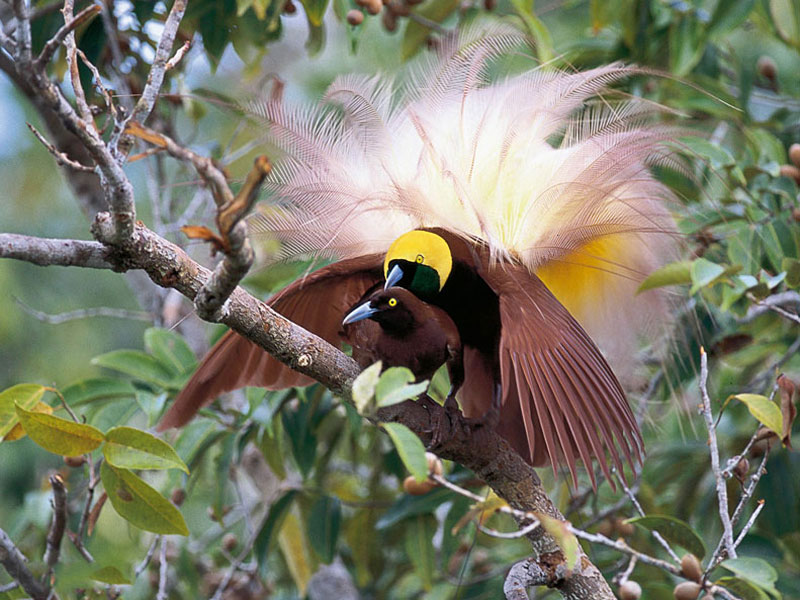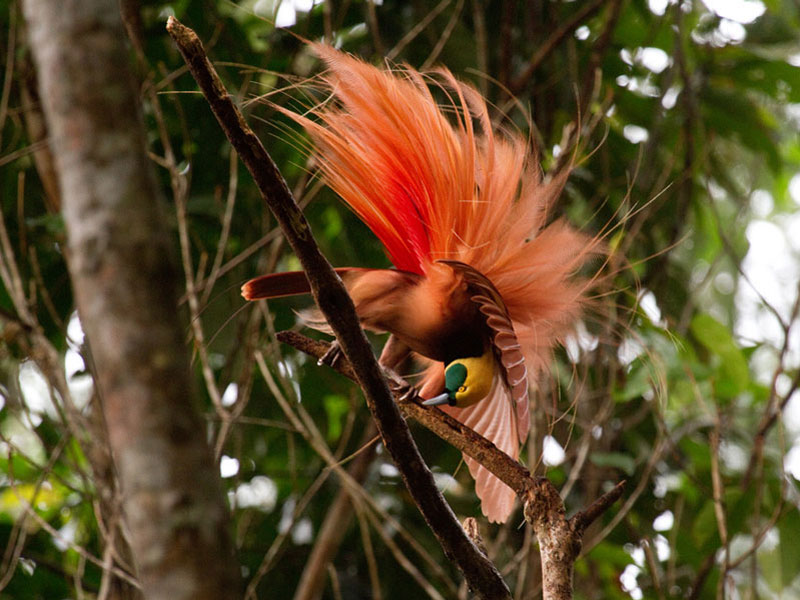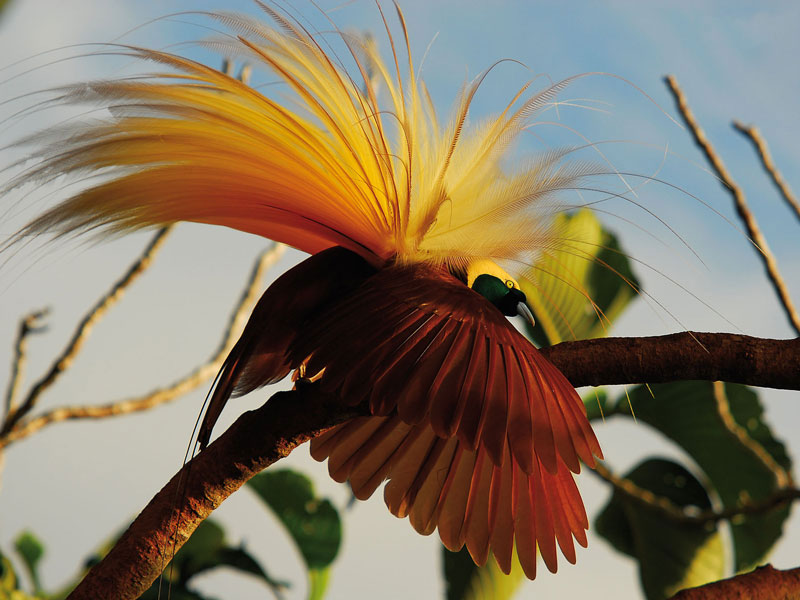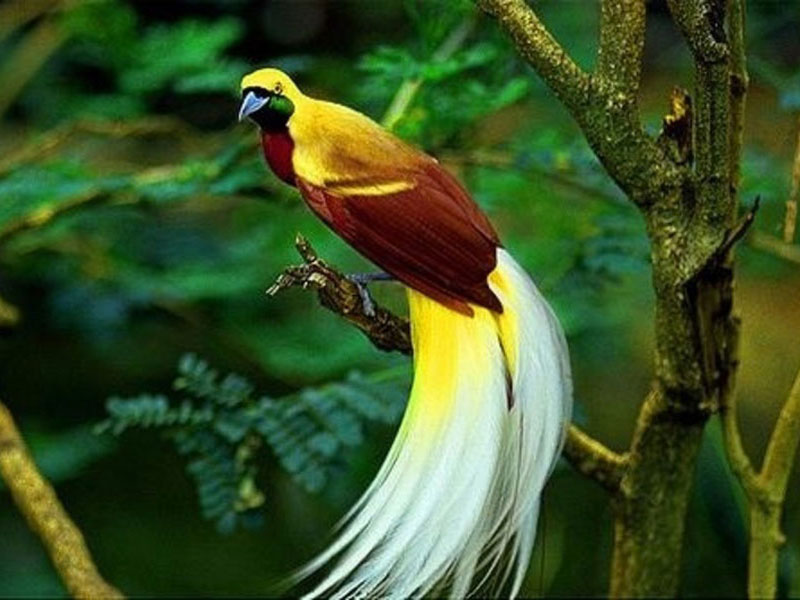Admiring the Mesmerizing Beauty of the Birds of Paradise
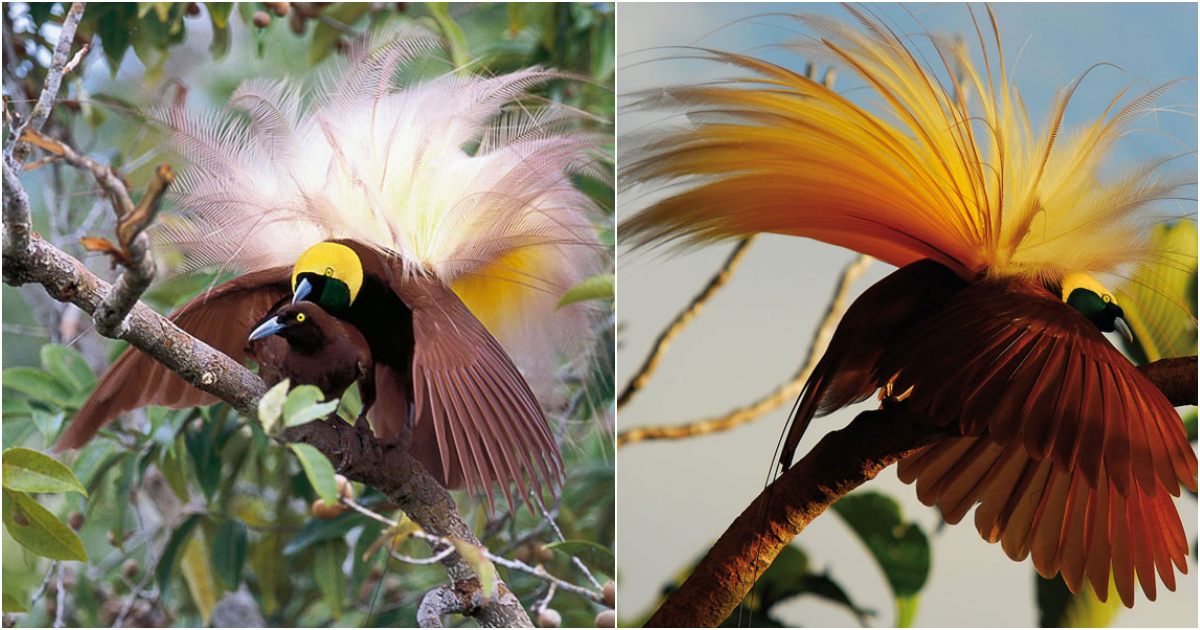
Nature has crafted an exquisite ensemble for the Birds of Paradise, adorning them with stunning, vibrant feathers that captivate the eye, accompanied by enchanting melodies that bewitch the soul. With their resplendent plumage, these birds truly live up to their name, evoking a sense of heavenly beauty.
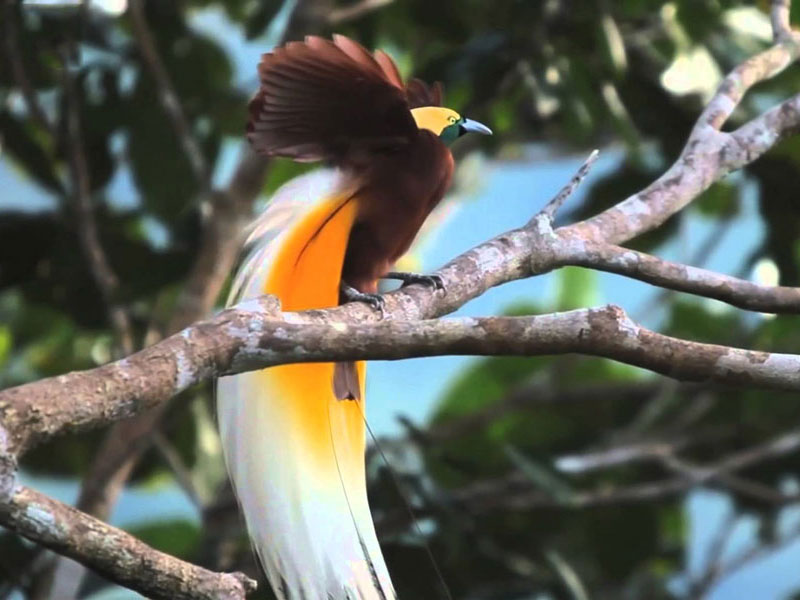
The Birds of Paradise, also known as Paradisaeidae, are a group of avian species predominantly found in New Guinea, with some residing in regions of Australia such as eastern Indonesia and northeastern Australia. As of now, scientists have discovered 14 species, belonging to 14 different genera.
The most notable feature of the Birds of Paradise lies in their possession of remarkably beautiful plumage. Not only do their feathers boast a myriad of colors and sizes, but they are also soft and gracefully fluid, lending an air of mystical allure when these birds engage in their mesmerizing dances and wing displays during the mating season.
Additionally, some species of Birds of Paradise possess vocalizations that rank among the most exceptional in the avian world. During the mating season, male birds eagerly vocalize their impressive melodies, showcasing their talents and capturing the attention of potential mates.
However, the very beauty and captivating songs that these birds possess pose countless dangers to their existence. Their plumage has become a coveted treasure among the affluent. Consequently, they are willing to pay exorbitant prices to acquire a specimen, inadvertently fueling the activities of poachers who relentlessly hunt and jeopardize the lives of these stunning creatures.
The Birds of Paradise stand as a testament to the marvels of nature, adorning our world with their ethereal beauty and captivating performances. Yet, we must also acknowledge the immense threat they face due to human greed. It is our responsibility to protect and preserve these magnificent birds, ensuring that future generations can continue to revel in their enchanting presence.
